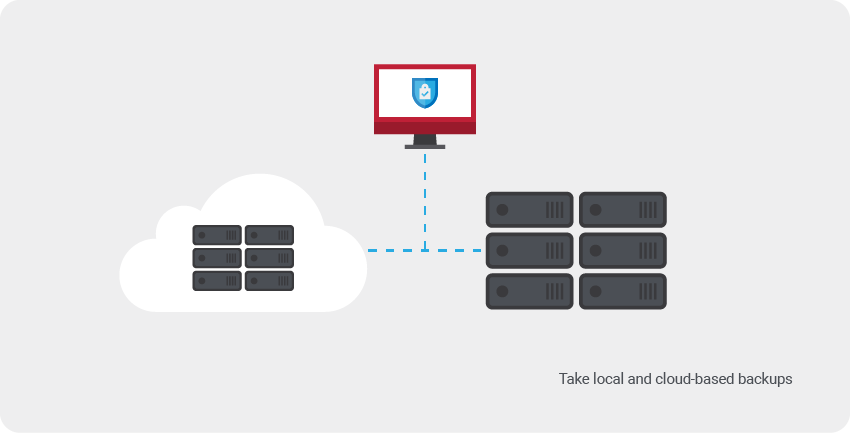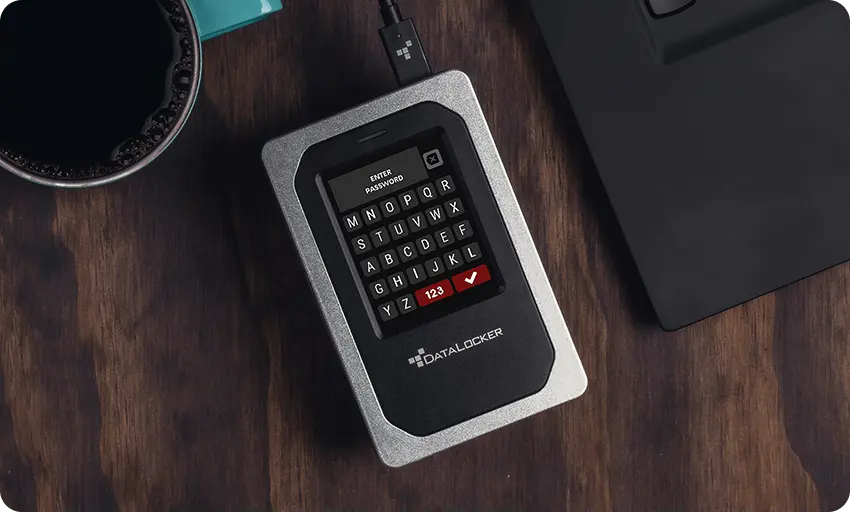Ensuring data privacy security has proved immensely challenging for practitioners in the healthcare field. The industry demands a juggling act that consists of providing quality patient care, and satisfying a myriad of stringent regulatory standards along the way. The sensitivity of protected health information (PHI) makes this industry a high-value target by nature. And unfortunately, it seems that cyber criminals are increasingly taking notice.

According to the 2020 HIMSS Cybersecurity Survey, an alarming 70 percent of healthcare organizations reported to experiencing major security incidents with the past year. Phishing, password harvesting, and ransomware were cited among the top threats to IT operations. Perhaps the most troubling findings relate to spending. More than 50 percent of respondents revealed that their IT security budgets had either decreased, or remained unchanged despite the uptick in disruptions.

The HIPAA Challenge
Enacted in 1996, HIPAA requires that healthcare providers protect patient data against unauthorized access and improper usage. Failure to comply with its ironclad guidelines can result in fines that are financially debilitating for resource-strapped operators. These steps are absolutely vital to creating a HIPAA-compliant endpoint security strategy.
- Enforce Strict Access Control
Restricting access to PHI is among the most important standards in the healthcare arena. IT security experts can meet this requirement by implementing a multi-factor authentication scheme that requires identity validation via two or more methods before obtaining access to facilities, systems, and data. Common examples include:
- Passwords and PIN numbers
- Key cards and ID badges
- Facial recognition, fingerprints, and retina scanning
- Random alphanumerical codes via SMS text messages
- Answers to (secret) personal questions
Access control is one of the most effective approaches to HIPAA compliance and endpoint security in general. Restricting access across healthcare organizations not only safeguards sensitive information against outside attackers, but ensures that staff is accessing data based solely on their level of privileges.
- Prepare for the Worst
No one wants to find themselves in a situation where they’re forced to execute plan B. They do, however, want to know they can fall back on it in the face of disaster. This is the peace of mind that comes from backing up your data on a regular basis. In addition to performing scheduled backups, healthcare providers should go the extra mile by storing a copy of their data in a remote location. Committing to a comprehensive backup strategy will minimize the impact of disruptions caused by cyber security attacks and natural disasters alike.

- Encrypt Data at Every Stage
Encryption is commonly used across various industries, particularly as a means of protecting data on the move. When it comes to PHI, encrypting data in transit is simply not sufficient. Whether it’s traveling from one healthcare network to another, residing on easily accessible hard drives in the doctor’s office, or archived in storage, sensitive patient data should be encrypted at all times. In the event that your perimeter defenses are breached, this proven end-point security technology will make the targeted information next to impossible for hackers to decode.

- Audit Regularly for Risk Assessment
The key to maintaining HIPAA compliance is proactive prevention. By conducting risk assessments on a regular basis, healthcare practitioners can identify any vulnerabilities in their security infrastructure and take the appropriate action. These assessments may uncover flaws in security mechanisms, potentially troubling vendor relationships, or even lapses in employee awareness. IT security experts and company leaders should brainstorm to devise a periodic evaluation program that helps mitigate potential risks, and in turn, reduce the impact a disruption can have on the organization.
- Adopt HIPAA-Compliant Technology
According to the Omnibus Rule, patients are entitled to have their private information protected by all parties that intersect with it. While there are exceptions to the rule, this aspect of HIPAA ultimately puts vendor partnerships into focus. From devices that perform critical medical functions to software solutions designed to monitor the network, IT budgets must be allocated with compliance in mind. Decision makers should thoroughly evaluate potential products for security prowess and HIPPA compatibility before committing to any major investments.
- Prioritize Continuous Education
You can employ the most robust security technologies and access controls ―— if the people handling your data lack awareness, those efforts may very well prove futile. Human error, or even the slightest bit of negligence can have disastrous results in the healthcare arena, where lives are literally at stake. Medical practices at every level are responsible for providing staff with the educational resources necessary to protect confidential patient data and maintain HIPAA compliance in the process.

Running a HIPAA-compliant organization is a responsibility shouldered by each individual practitioner.
If you’re considering solutions that keep healthcare data secured by ironclad encryption, you’ll want to consider scheduling a custom demo of DataLocker solutions.
On that note, adhering to the demanding rules and requirements of HIPAA is truly a team effort. Medical practitioners need staff, security professionals, top-level executives, and third-party service providers to align their efforts in near perfect harmony.